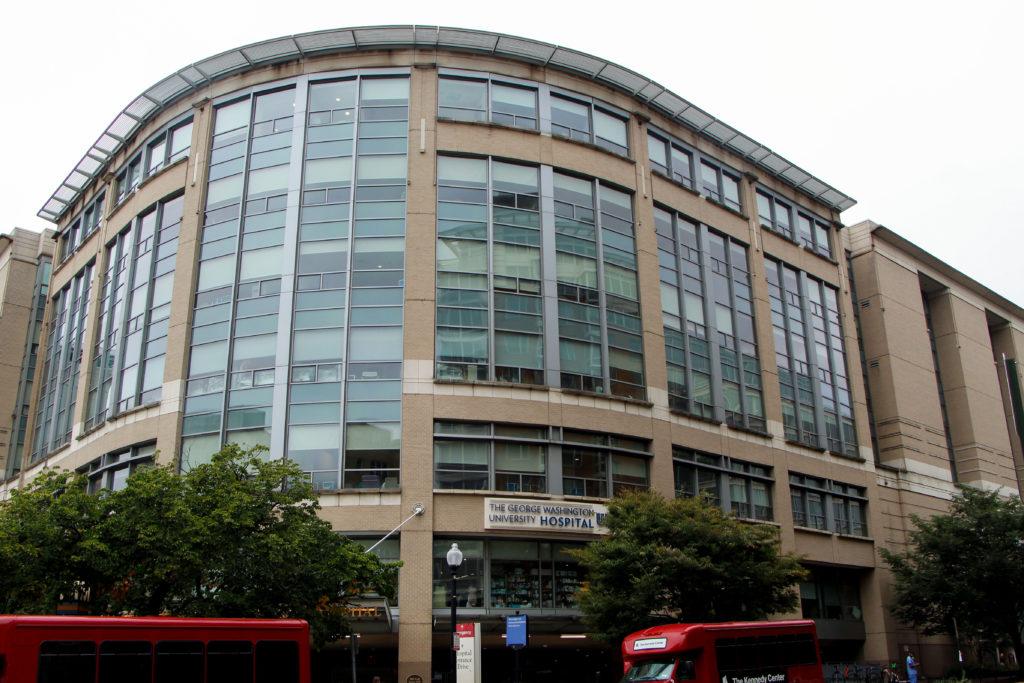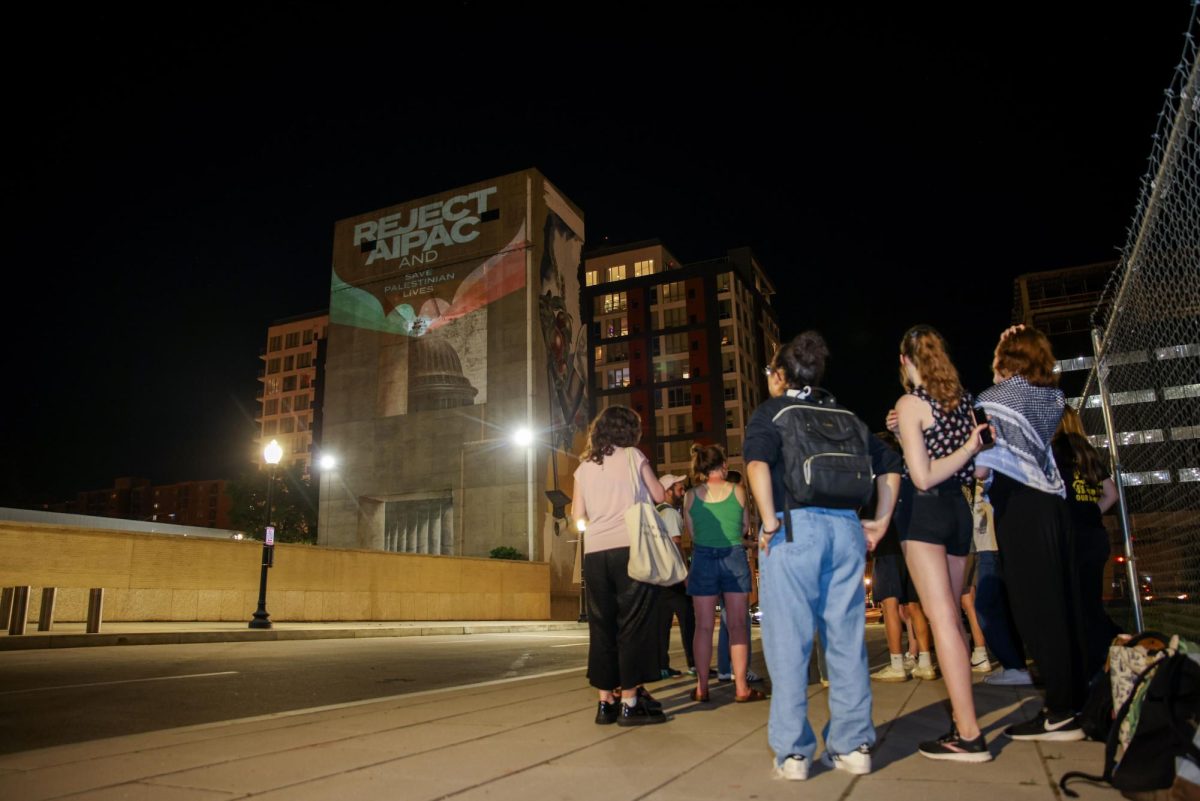The National Labor Relations Board is positioned to reconsider whether the GW Hospital violated fair labor practices in 2018 in the latest development of a local union’s four-year legal battle.
Representatives from 1199SEIU United Healthcare Workers East, the union that previously represented GW Hospital’s workers, voiced approval last month in an NLRB filing for the board to reconsider a dismissal of unfair labor practice charges against the hospital from April 2021. Two NLRB members said in a separate July filing that the board should vacate and re-adjudicate their earlier decision after a former board member was found to have owned shares of the hospital’s parent company during the dismissal vote in violation of federal financial disclosure regulations.
Lisa Brown – the executive vice president for the D.C. and Maryland regions of 1199SEIU United Healthcare Workers East, the union that previously represented GW Hospital’s workers – said union leaders are unable to advocate for and communicate with workers without a union contract and due to fear among workers of retaliation from the hospital. She said the lack of a union has led to high turnover at the hospital, and workers fear retaliation from management because former union leaders have been terminated.
“Members then become afraid to talk to the union anywhere around the University or hospital, and they have definitely gone after some of the leaders that we did have contact with, which makes them even more nervous,” Brown said.
William Emanuel, one of the NLRB board members who reviewed the case leading up to the dismissal of charges against GW Hospital, failed to disclose his ownership of more than $50,000 in a sector mutual fund with shares of Universal Health Services, the hospital’s owner. The NLRB’s Inspector General found in March that Emanuel’s stock ownership violated federal codes regulating financial disclosure because of his failure to disclose the potential conflict of interest with the case.
After the previous bargaining agreement expired in 2016, the union spent the next two years negotiating with GW Hospital. Still without an agreement in 2018, the hospital withdrew its recognition of the union and ceased bargaining, countering that a majority of employees demonstrated they were no longer interested in union representation.
In 2018, the union alleged the hospital committed unfair labor practices by bargaining in bad faith and unlawfully withdrawing the union’s recognition. Brown said before negotiations in 2016, the union had never had any problems bargaining with GW Hospital.
In September 2019, an NLRB judge sided with the union, ruling the hospital illegally bargained “in bad faith” and withdrew recognition – unfair labor practices that would “likely cause loss of union support.”
“The complaint further alleges that the Hospital improperly withdrew recognition from the Union after nearly two years of bad faith and regressive bargaining, subsequently rejected the Union’s request to continue bargaining and immediately proceeded to implement unilateral changes to employees’ terms and conditions of employment,” the 2019 decision states.
GW Hospital appealed the ruling, which an NLRB board reversed in a 2-1 decision in April 2021. Republican members Emanuel, who is no longer on the labor board, and John Ring voted to dismiss the union’s charges, while Democrat Lauren McFerran dissented.
McFerran and new Democratic board member David Prouty, who replaced Emanuel in 2021 after the initial decision was made, both said Emanuel should have been disqualified from the case in a 2021 decision.
Brown, the union’s executive vice president for the D.C. and Maryland regions, said GW Hospital used an invalid petition to justify its withdrawal from negotiations to the NLRB to gauge workplace interest in a union because former staff and current employees who were not members of the hospital’s bargaining unit had signed it.
She said the hospital insisted on negotiating the entire contract instead of the union’s proposal of a successor agreement – a smaller contract used to renew benefits from a previously expired or terminated contract – to stall the negotiations.
Brown said even if the NLRB overturned the 2021 dismissal decision, the union would struggle to bargain a new agreement because of the extended amount of time they have been inactive at GW Hospital. She said meetings with current workers to discuss which rights and protections they need would have to occur, which would likely be a long process.
“It would be difficult to bargain a successor agreement without meeting and knowing the workers that currently exist and getting an understanding of what they would want to see in an agreement,” Brown said.
GW Hospital said in a filing last month that another reversal would be “draconian,” and the original decision should be upheld. The filing states Emmanuel was “unaware” of the alleged conflict of interest, and vacating the decision could disturb workers’ stability if it were to bring forth another negotiation period.
GW Hospital did not respond to a request for comment.
“The investigation – which one must hope was thorough – failed to produce any evidence of actual knowledge of the disqualifying financial conflict (absent what was imputed) or bias in favor of any party,” the hospital’s response states.








